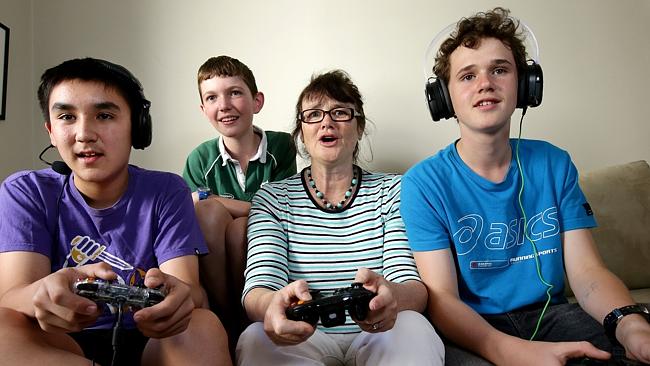
Books have always offered an escape but behind the pages lies a cost many overlook. Printing paper shipping and storage all carry an environmental toll. Every crisp new paperback has a footprint and it’s not small. Trees fall for pulp water gets used in heaps and the energy behind mass production runs deep. Reading feels gentle but the system supporting it rarely is.
As people start to weigh their habits there’s a noticeable lean toward change. Readers want stories without waste access without packaging and joy without guilt. It’s not about abandoning print altogether. It’s about having more ways to read with less harm. The rise of electronic reading has cracked open that possibility. Not as a trend but as a practical shift where choices matter and small steps pile up.
Why E-Libraries Offer a Smarter Path
E-readers once felt like a novelty but now they hold entire libraries in hand-sized screens. No shelves required no lights left on all night. The carbon footprint of an e-book is front-loaded but over time it’s lighter than a suitcase of novels. The choice isn’t about being trendy it’s about being mindful without losing access to good stories.
Online libraries expand this even further. They allow reading to happen with no fuel burnt no packaging needed and no wait at the postbox. A few clicks and a world of literature appears. The best part is that many of these collections are free or open to everyone. That brings equity into the conversation too. Reading becomes not just lighter on the planet but easier to reach across all kinds of lives.
In this changing landscape exploring Z-library beside Anna’s Archive and Project Gutenberg often uncovers unexpected gems. Not every great read comes from a bestseller list or a publisher’s push. Some live quietly in these vast digital troves waiting to be found by those who know where to look.
What Sustainable Reading Really Looks Like
It’s easy to imagine eco-friendly reading as something complicated or niche but the truth is it’s more practical than it sounds. It’s not about rare handmade notebooks or solar-powered lamps. It’s often just a case of switching habits staying curious and embracing tools already in reach.
Here’s where some of the simplest greener reading habits come in:
- Rethink the Idea of Ownership
Collecting shelves full of books might look comforting but often they gather dust more than they get read. Borrowing from an online source leaves no trace behind. Nothing physical to discard nothing shipped halfway around the world. Ownership becomes access and access means less waste.
- Share Instead of Store
Digital reading allows one file to serve countless readers without extra effort. Pass along a favourite link share a story in a group or suggest an e-library to someone new. Reading becomes a shared act not a private stockpile. It’s like passing a good story around the campfire just without the smoke.
- Read Local Think Global
Even e-reading can support small presses and local voices. Many regional writers distribute through global platforms but write with local flavour. Seeking them out keeps stories diverse and voices from fading. Supporting them also reduces the pressure on shipping and print cycles driven by global bestsellers.
- Skip the Print-on-Demand Trap
Print-on-demand might seem sustainable but it can mislead. It still uses ink paper energy and transport. Choosing digital where possible cuts out the middle entirely. Especially for one-time reads or reference books this shift matters more than most realise.
Simple shifts like these carry surprising weight. One small change multiplied by millions becomes a real shift not just a feel-good gesture. Reading turns from habit into quiet action without asking for sacrifice.
A Story That Keeps Evolving
Books have always changed with time. From scrolls to pages from shelves to screens stories have found ways to travel. What matters now is how they travel next. The comfort of a book does not have to mean the downfall of a forest. And the thrill of discovery does not require the cost of carbon. This isn’t about nostalgia or novelty but about reading that adapts without losing its soul.
Conclusion
E-reading doesn’t replace the smell of an old book or the feel of pages between fingers. But it adds something new—access without burden stories without borders and habits that look ahead not behind. When people look back decades from now the stories remembered might be the same. It’s the way they were read that could change everything.



